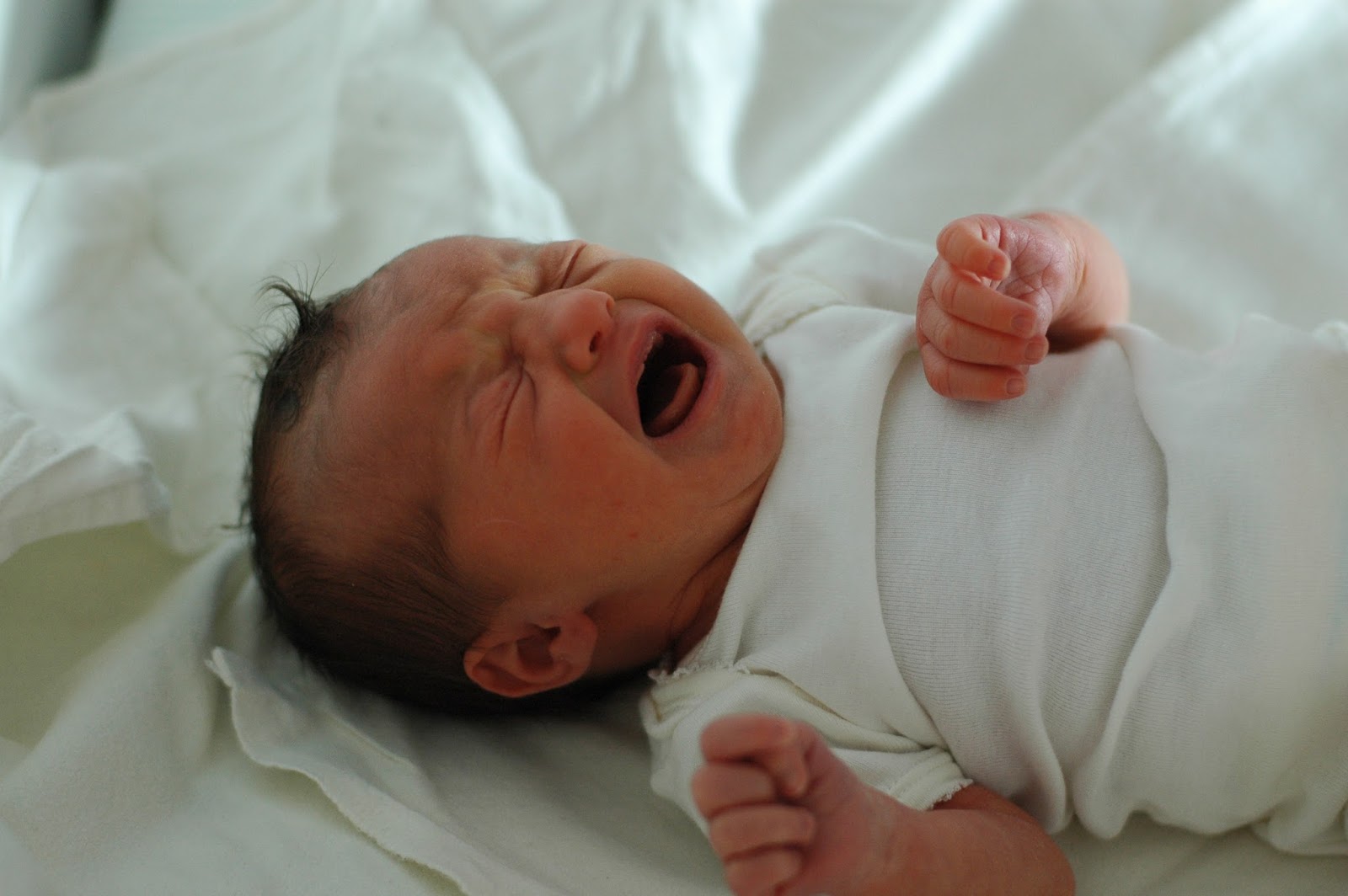Intestinal Worm Infections in Children. By Dr. Narmin Azizova

Intestinal parasitic infections are caused by uninvited guests—microscopic organisms that enter the human body, usually through contaminated food, water, or hands. Once ingested, the tiny eggs settle in the intestines and grow into adult worms, potentially causing a range of symptoms in children.
What Are Intestinal Worms?
Intestinal worms, or helminths, are parasitic organisms that may live in the intestines without causing immediate harm. However, in many cases, they damage the intestinal lining, interfere with nutrient absorption, and may lead to developmental delays, anemia, and other health problems in children.

Global Statistics and Relevance
According to the World Health Organization (WHO), more than 1.5 billion people—approximately 24% of the world’s population—are infected with soil-transmitted helminths. The highest burden is seen among children, particularly those in low- and middle-income countries with poor sanitation and hygiene.

WHO reports that:
- Over 267 million preschool children and 568 million school-age children live in areas where parasitic worm infections are considered endemic and require preventive treatment.
- Intestinal parasitic infections contribute to malnutrition, iron-deficiency anemia, and impaired cognitive development.
Common Symptoms in Children
Signs of intestinal worm infections can vary depending on the type and severity of the infestation. Symptoms include:
- Recurrent abdominal pain
- Bloating and excessive gas
- Irregular bowel movements, such as intermittent diarrhea or mucous-like stool
- Anal itching, especially at night
- Night-time teeth grinding and drooling
- Unexplained weight loss or growth retardation
- Morning nausea and bad breath
- Loss of appetite or unusual food cravings
- Skin rashes or itching



Children infected with pinworms (Enterobius vermicularis) often experience intense itching around the anus at night, caused by the female worm laying eggs in that area. In severe infestations, roundworms (Ascaris lumbricoides) can cause abdominal obstruction. Hookworms (Ancylostoma duodenale and Necator americanus) can lead to iron-deficiency anemia, weakness, and digestive problems. Amoebiasis often presents with bloody and mucous-filled diarrhea, while Giardiasis is characterized by foul-smelling, greasy stools.
How is the Diagnosis Made?
Diagnosis is based on stool examination. If no parasites are seen in the first test, the analysis may be repeated up to three times to increase sensitivity. For pinworm infections, a “tape test” is used—applying clear adhesive tape around the anus in the early morning to detect eggs. In some cases, the worms may be visible to the naked eye in stool or around the anal area during the night.
Prevention: Key Hygiene Measures
Proper hygiene and environmental sanitation are essential to prevent worm infections in children. Here’s what parents and caregivers should keep in mind:
- Hand hygiene is crucial: Teach children to wash hands after using the toilet, before meals, and after playing outside.
- Keep fingernails trimmed: Eggs can accumulate under the nails.
- Thoroughly wash raw fruits and vegetables before eating.
- Ensure drinking water is clean and safe.
- Cook meat well, especially in areas where tapeworms are common.
- Wash underwear and bed linen in hot water and iron them to kill eggs.
- Regularly clean and disinfect toys, floors, and shared spaces in schools and childcare centers.
- Monitor and clean shared toilets to ensure they are not a source of re-infection.
Treatment and Management
Treatment depends on the type of parasite and is prescribed by a pediatrician or infectious disease specialist. Often, deworming medication (e.g., albendazole or mebendazole) is given to the infected child and all household members to prevent reinfection. The dosage and duration are determined by the parasite species and the child’s condition.
If left untreated, worm infections can contribute to growth delay, nutrient deficiency, and reduced academic performance in children.
Caution About Home Remedies
Some families attempt to treat worm infections using traditional or unproven methods based on hearsay or the internet. Such approaches can be harmful or ineffective. It is strongly advised to consult a qualified medical professional for appropriate diagnosis and treatment.

Narmin AZİZOVA, the fonder of Pediatriya.az
